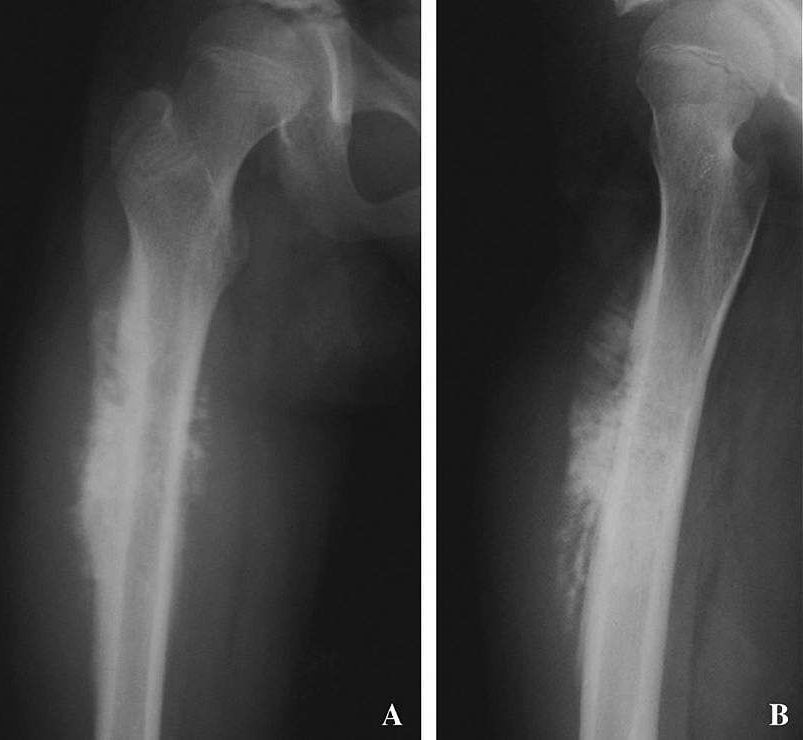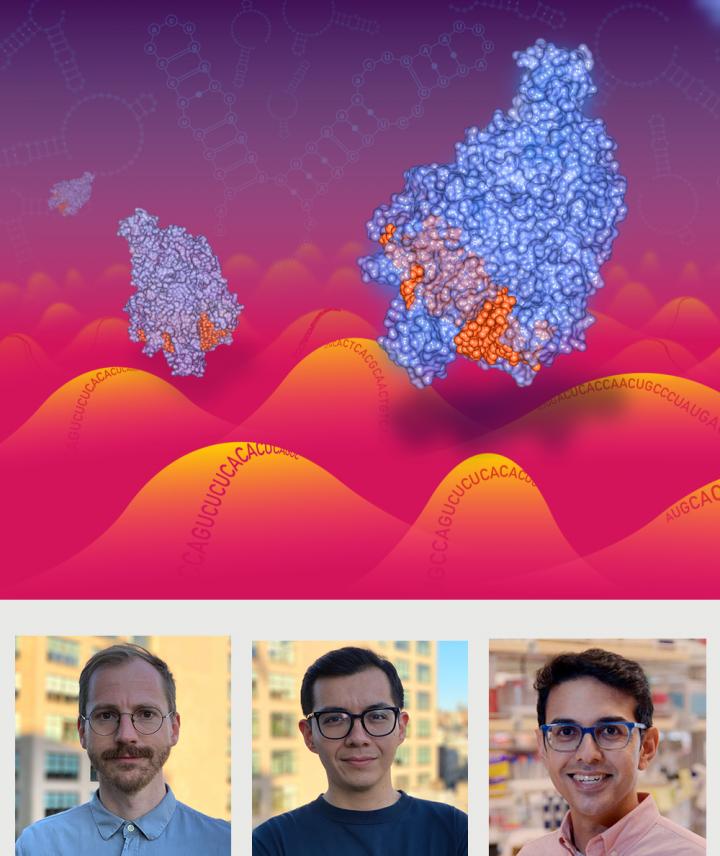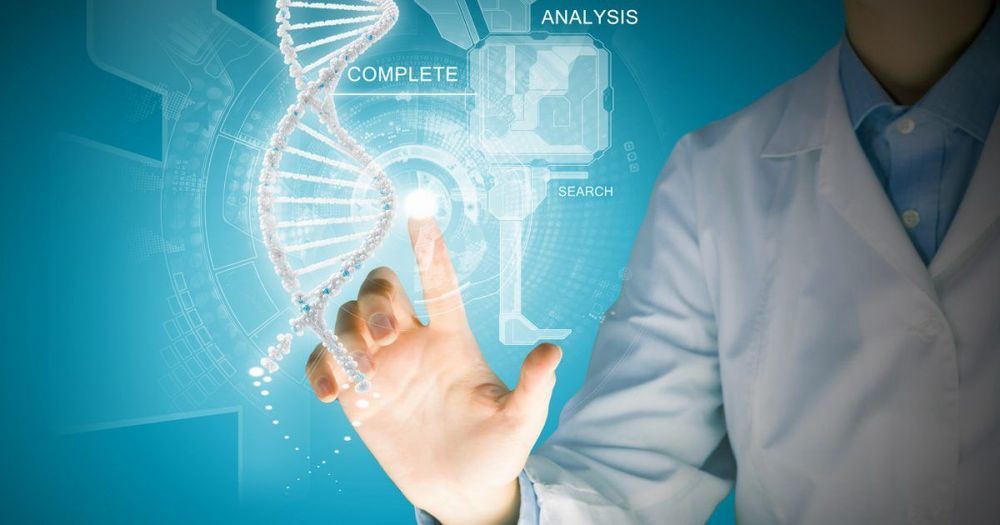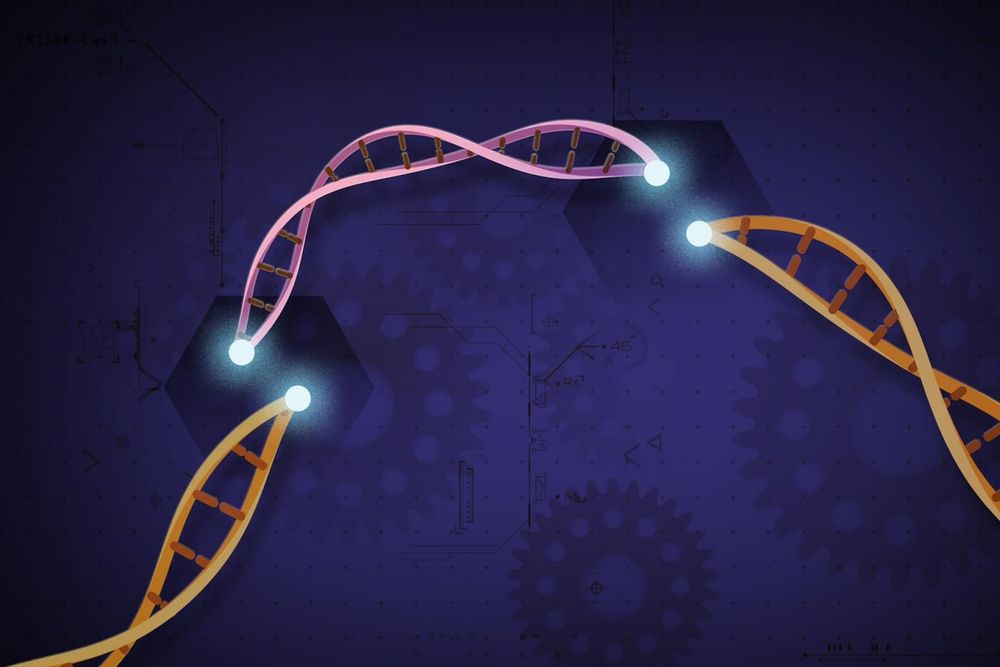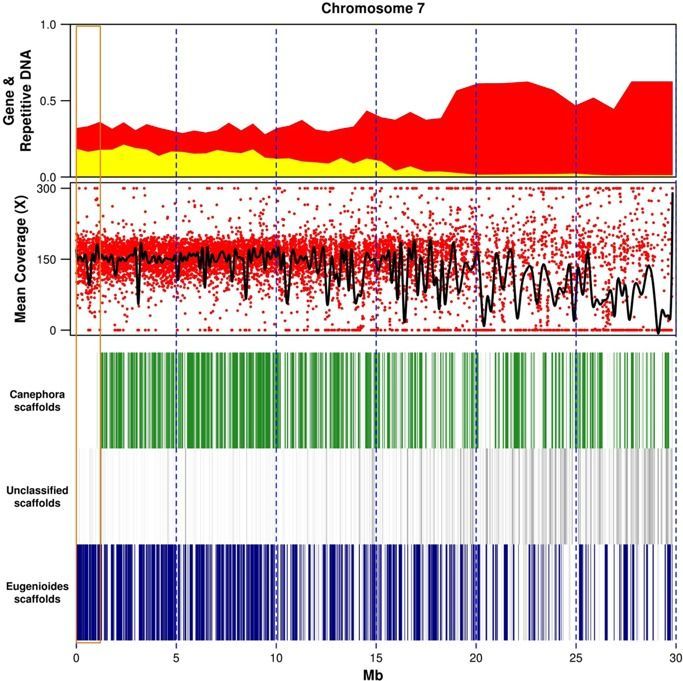How did Viruses evolve?
The evolutionary history of viruses remains unclear. Some researchers hypothesize that viruses evolved from mobile genetic elements that gained the ability to move between cells. Other researchers postulate that viruses evolved from more complex organisms that lost the ability to replicate independently. Still others hypothesize that DNA viruses gave rise to the eukaryotic nucleus or that viruses predate all cellular life-forms. Reasonable arguments can be made for all of these hypotheses. It may be that viruses arose multiple times, via each of these mechanisms. It may be that viruses arose from a mechanism yet to be described. Continuing studies of viruses and their hosts may provide us with clearer answers.


